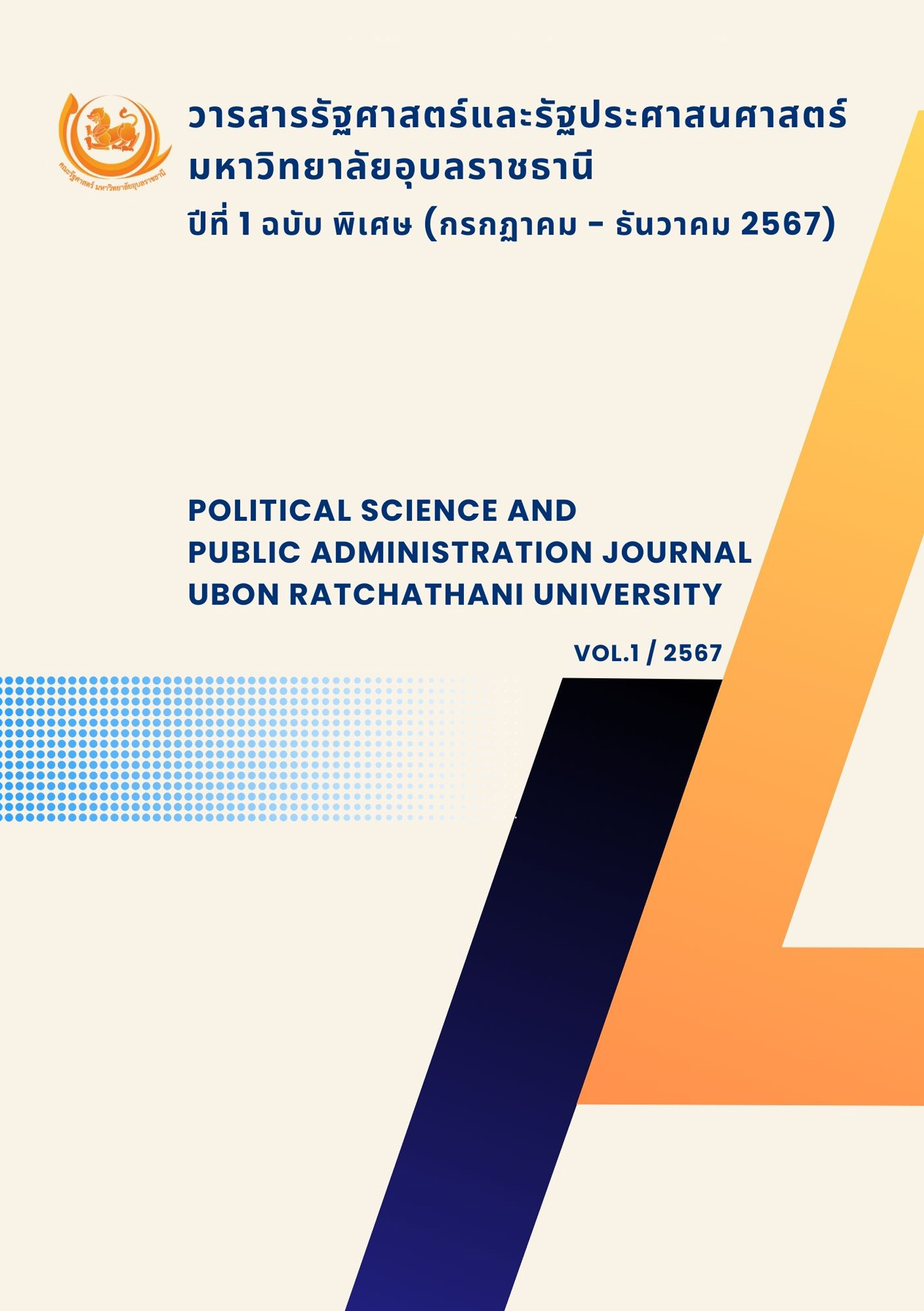The Movement for LGBTQ Rights in Thai Society: The Cases of the Right to Marriage and the Right to Gender Identity
Abstract
This research is a documentary research which aims to study the movement for LGBTQ rights in Thai society with a particular focus on the rationale of the movement as well as the limitations of the right to marriage and the right to gender identity. The study reveals that advocates for LGBTQ rights perceive gender binary as the root cause of the problem, and binary opposition serves as a means to gender oppression, which leads to gender discrimination, including restriction on fundamental rights as well as social and legal exclusion. As for the issues of the right to marriage and the right to gender identity, their rationale is based on human rights principles and norms, which are enshrined in various international human rights documents in which Thailand is a party to, and in the constitution of Thailand. Also, advocates for LGBTQ rights would expect Thailand to implement and enforce its laws related to gender recognition, marriage equality, and gender equality. As for the limitations, understanding of "gender" in Thai society, it is not open and accepts a variety of gender identities. While the legal dimension, although the marriage rights of LGBTQ people are specified in the Marriage Equality Act, there is still a limited issue of recognizing the family status of LGBTQ people, as well as other relevant legal modifications to accommodate such rights. In terms of gender identity rights, Thai law has not yet been specifically certified. Although the draft of the Gender Identity Certification Act has been proposed to allow LGBTQ people to determine their will and express their sexuality, there is no provision that specifically protects discrimination against LGBTQ people. As a result, LGBT people face discrimination, exclusion, and discrimination from both society and the law.


